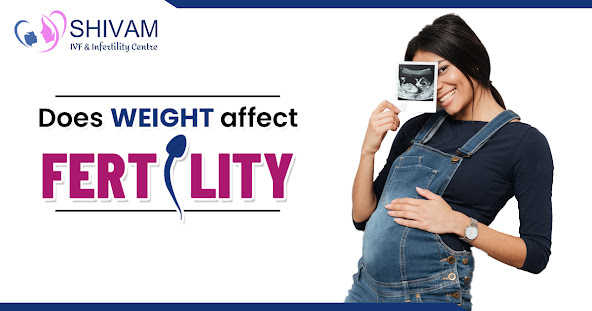What is IVF, and when should it be used?
IVF
is far more successful than another frequent reproductive treatment,
intrauterine insemination. It can help cure practically any sort of infertility
problem, unlike IUI.
IVF,
or in vitro fertilization, is a popular infertility therapy that involves the
use of reproductive medicines to induce the production of multiple eggs. A tiny
needle is used to extract the eggs from the ovaries. In a specialist facility,
they are then fertilized using sperm. The embryos develop for 3 to 5 days
before being implanted into the uterus.
Who should consider in vitro fertilization?
IVF
is the most effective infertility treatment for nearly all individuals,
including those with the following conditions:
● ovulation issues
● Endometriosis pelvic
adhesions
● fallopian tube
damage/obstruction
● Poor sperm quality
● unexplained infertility
● protracted infertility.
It can also be utilized to facilitate embryo preimplantation genetic testing (PGT).
IVF,
on the other hand, does not produce fresh eggs for patients, and if the uterus
is incapable of implanting and carrying a baby, IVF cannot help.
ART, which includes IVF, includes the use of donor egg, donor sperm, and gestational carrier (surrogate), which can overcome practically all biological infertility limits. It is also appropriate for single persons and other non-traditional family structures.
What are the Benefits, Drawbacks, and Risks of IVF?
IVF
is far more successful than another frequent reproductive method, intrauterine
insemination (IUI). It can help cure practically any sort of infertility
problem, unlike IUI. It may also allow access to embryo genetic testing.
Furthermore, by using a single embryo transfer, IVF has a considerably greater
capacity to avoid multiple births (SET). It is also a faster technique to get
pregnant because the success rate is higher.
IVF
can also help those who want more than one child. Additional frozen embryos
that were not used in the initial pregnancy are frequently used in the future
to try to have further children.
The
disadvantage is that it is a more difficult process than IUI.
IUI
consists of just light ovarian stimulation, minimal monitoring, and
office-based IUI.
IVF
necessitates much stronger ovarian stimulation, frequent daily monitoring, an
egg retrieval procedure under conscious sedation anesthesia, laboratory
fertilization and embryo growth, embryo cryopreservation (freezing and
storage), and embryo transfer followed by progesterone injections or
suppositories.
Decisions to Consider:
Patient
considerations such as age, fertility diagnosis, and family medical history can
assist women and men decide whether or not to try IVF. If the possibilities are
extremely slim, it may be necessary to consider using donor eggs or sperm. To
receive these, your fertility clinic might direct you to agencies and other
sources.
Other considerations include:
1. Pre-treatment genetic testing for both men and
women.
2. The embryo's preimplantation
genetic testing (PGT)
3. The kind of treatment cycle,
the number of embryos to transfer
4. The number of embryos to freeze
When should someone proceed directly to IVF?
When
the odds of conception with IUI are low but substantially greater with IVF,
patients should proceed directly to IVF. These include fallopian tube damage,
moderate to severe endometriosis, pelvic adhesions, and a male infertility
component that is more than modest.
Women
should also proceed straight to IVF if they have a limited time to try to get
pregnant due to age, impaired ovarian reserve, or other circumstances if they
can afford IVF, if PGT is required, and if donated eggs or a gestational
carrier are required. Each patient should talk with their fertility physician before
deciding on IUI or IVF. It is preferable if your doctor is a reproductive
endocrinologist with experience and the ability to administer all forms of
therapy, including ovarian stimulation, IUI, surgery, and IVF. You are more
likely to acquire a balanced view this way.
Deciding whether to seek fertility therapy and, if so, which ones to pursue can be difficult and confusing. Hence, Shivam IVF is here to help you with taking the right decision and moving ahead with the right steps to enhance your healthy fertility life.
Source:- https://shivamivfcentredelhi.com/blog-details/what-is-ivf-and-when-should-it-be-used-




Comments
Post a Comment